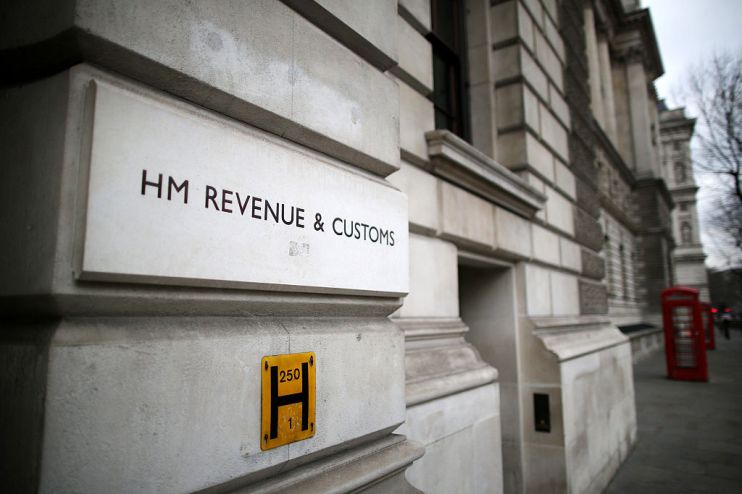Treasury minister: Pushing a new global corporation tax will be crucial at G20

The recent G7 agreement on tax was a vital breakthrough in the fair and effective taxation of multinationals. It is one we should all be proud of, because the UK has consistently led on this issue.
But you would not think so, to read some of the commentary. Labour politicians in particular have been desperate to play down what has been achieved. To listen to them, you would think that the UK had dragged its heels, and that the changes were born out of discussions over the past few weeks.
The truth is very different, however. The G7 announcement comes after years of leadership by the UK, as the culmination of a process launched by the Treasury nearly a decade ago. Recent US engagement has made a great difference, but to a collective international effort that was long under way.
The last major reform of international tax standards took place almost a century ago, in the 1920s. But with the growth of international trade, and especially with the advent of the internet platforms in recent years, it had become increasingly easy for some multinational companies to shift their profits to low-tax jurisdictions.
This meant that nations lost tax revenue that could have been spent on public services, but it also slanted the competitive playing field against the many companies that played by the rules. In effect, this actively nudged them towards international tax avoidance.
Something serious needed to be done. In 2012, the UK issued a joint communique with France and Germany calling for international action to combat profit-shifting. This was then endorsed by the G20, and agreed and adopted globally in 2015.
The present G7 agreement comes from this, and has taken years of further negotiation and discussion. It has two Pillars.
Under Pillar One, the largest multinationals including the big digital platforms will be required to pay tax in the countries where their customers are located, not just where they have physical activities, so they pay the right tax in the right places.
Under Pillar Two, the G7 also agreed to the principle of at least 15 per cent global minimum corporation tax, operated on a country-by-country basis.
Governments can still set their own tax rates, but if they are lower than 15 per cent, then companies will have to top-up their taxes paid to the country where they’re headquartered. Both pillars create a more level playing field for UK firms, and crack down on tax avoidance.
We have backed these reforms since the start and have worked tirelessly to make them a focal point for the international tax world, driving the issue forward through negotiations in the OECD club of nations.
Seeing the opportunity to forge an international agreement this year, the Chancellor of the Exchequer made tax reform a priority of our G7 presidency, and his judgement has been vindicated by the deal we have reached.
In so doing, the Government has seen off the naysayers and the gloomsters. Labour party politicians in particular have been consistently wrong.
They wanted us to ignore Pillar One and immediately agree to a global minimum rate. This would have made it much harder to secure a deal, since the two Pillars have been designed to work together.
But worse, it would have allowed many online platforms to continue to move their taxable profits around just as before. This would have been unfair, it would have made global markets less competitive, and it would have undermined the funding from taxation that we need for our public services.
While there are still plenty of details to be fleshed out, there has been a wide-range of support for the agreements made, ranging from the CBI to Silicon Valley. But we should not underestimate the historical weight of what was agreed earlier this month, and what we will continue to take forward at the G20 in July.